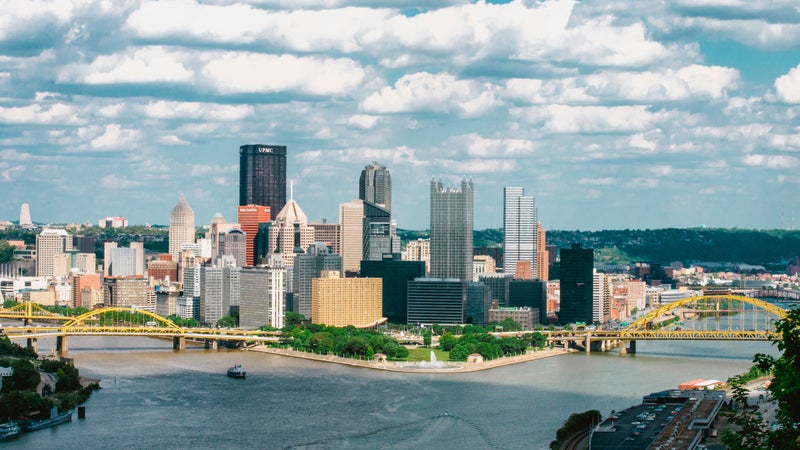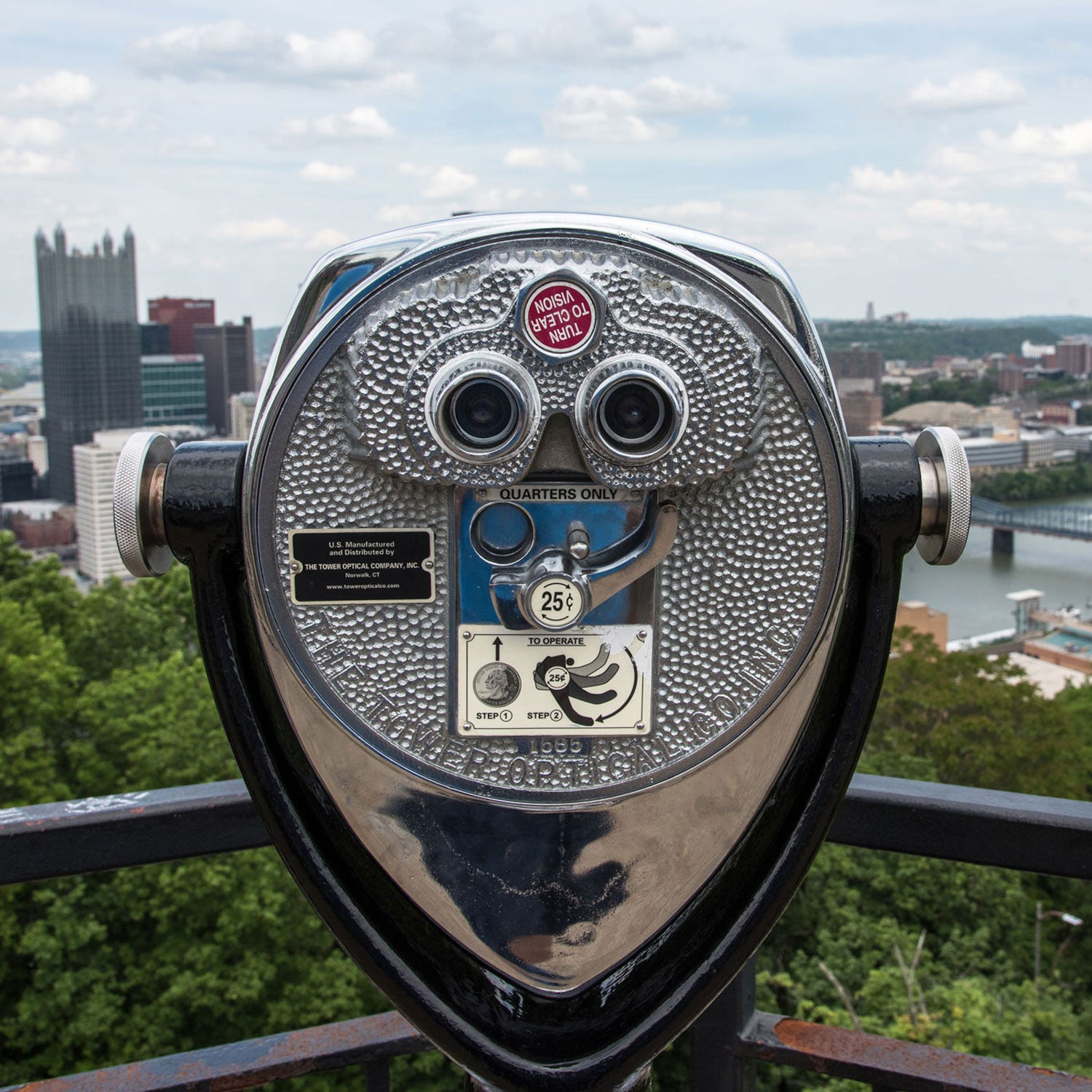In 2000, when a study commissioned by three nonprofits declared that tech workers are serious thrill seekers who want to live in places with access to outdoor recreation, you’d think that CEOs throughout the city would have prepared for a mass exodus. While Pittsburgh is home to Carnegie Mellon (one of the most prestigious computer-science schools in the country) and was on its way to becoming a player in the startup arena, the Rust Belt isn’t exactly known for ski resorts or surf breaks.
But the study also identified an untapped resource—Pittsburgh boasts more than 8,000 acres of greenspace, meaning nearly a quarter of its land is ripe for adventure. That could be a holy grail for attracting startup entrepreneurs and coders if left undeveloped. “Most techies will admit that they don’t have a lot of time to be active,” says urbanist Richard Florida, who authored both the study and the book . When they do have time, they want to be able to recreate immediately. So the cultivated what Florida calls “just in time” activities like cycling and trail running. Today, mountain-bike singletrack, hiking paths, and an environmental center fill (the city’s largest at 644 acres), and kayak rentals and greenways line the confluence of Pittsburgh’s three rivers.

The investment has paid off. When Lynsie Campbell, founder of the bike-commuting app , returned home to Pittsburgh after stints in New York, Los Angeles, and San Francisco, she found a perfect mix of urban and adventure amenities. “I’m someone who wants to live in the center of everything,” she says, “but the flexibility to be outside is the main reason I’ve always come back here.” She’s also discovered that the city’s greenspaces make it easier to recruit out-of-town millennials to work for her. “I rode to a meeting this morning mostly on trail—I think I put only 4,000 miles on my car last year.”
Meanwhile, smaller mountain towns are getting in on the action, too. When the published a plan to draw more workers to tech hubs like a few years ago, recreational opportunities became a rallying cry. Montana’s homegrown startup scene is small but booming in places like , and a recent survey found that its outdoor lifestyle was a major reason 189 of the state’s technology and manufacturing companies could bring in and retain skilled employees.
Still, it’s markets like Pittsburgh, which offers both industry and adventure options, that will compete against the major players, Florida says. , for example, is actively looking to leverage its location halfway between Silicon Valley and Lake Tahoe to woo some of the 46 percent of residents planning to leave the Bay Area in the next few years due to the cost of housing. But given Pittsburgh’s investments in local startups, which totaled $125 million in 2017 alone—a number that holds its own against Atlanta, Chicago, and Washington, D.C., on a per capita basis—this city has provided the blueprint.”


